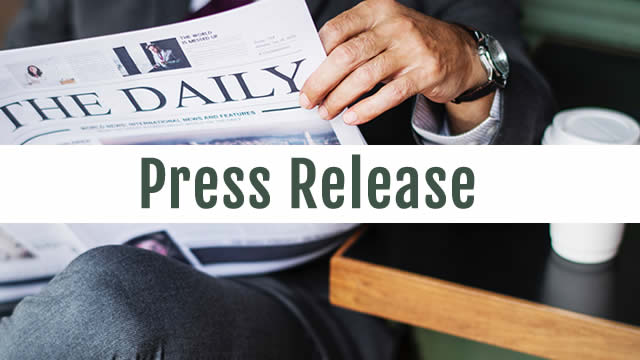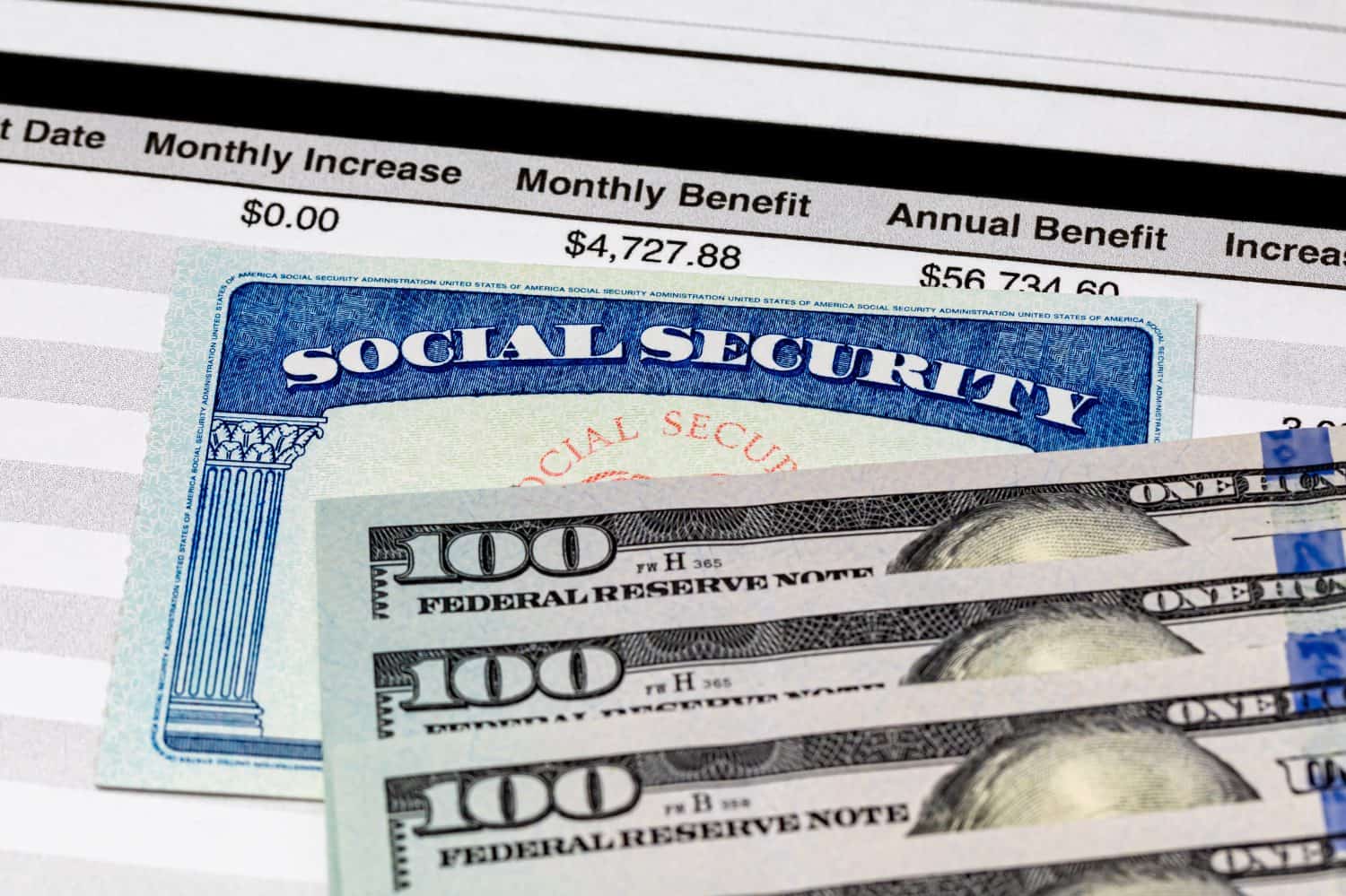Maximizing Retirement Accounts and Tax Strategies for High Earners
As people advance in their careers, they often see their income rise. This is a welcome development, but it can also bring unwelcome news from the IRS. The more money you make, the larger your tax bill. For a couple in their mid-40s who are aiming to retire in the next five to ten years, this can be a significant concern. Here are some suggestions for reducing their tax bill and potentially retiring earlier.
Max out Retirement Accounts
The first step for this couple, and for many people looking to reduce their taxable income, is to max out their retirement accounts. In 2025, they can contribute up to $7,000 to an Individual Retirement Account (IRA) or up to $23,500 to a 401(k). If they’re eligible for a 401(k) match, they should contribute enough to get the full match before maxing out their contributions. In addition, they may want to consider contributing to a Health Savings Account (HSA) if they have a high-deductible health plan. In 2025, they can contribute up to $4,300 each if they’re the only ones covered, or up to $8,550 if they have family coverage.
Seek Personalized Advice
Maxing out retirement accounts is a good start, but high earners may need more advanced tax strategies to shield even more of their income from the IRS. Consulting a tax professional or a financial advisor is the best way to get customized advice. A professional can assess their specific circumstances and offer suggestions based on their sources of income. For example, business owners or those with significant investment portfolios may have different tax planning needs than someone who earns most of their income from a paycheck.
Impact on Individuals
For individuals, maximizing retirement accounts and seeking personalized tax advice can help reduce their taxable income and potentially allow them to retire earlier. By contributing the maximum allowed to retirement accounts, they can lower their taxable income and increase their savings for retirement. Additionally, working with a professional can help them identify tax strategies tailored to their specific circumstances, which can further reduce their tax bill and help them reach their financial goals sooner.
Impact on the World
On a larger scale, maximizing retirement accounts and seeking personalized tax advice can have positive impacts on society. By saving more for retirement, individuals can reduce their reliance on social security and other government programs in their later years. This can help reduce the burden on taxpayers and the government. Additionally, by working with professionals to optimize their tax strategies, individuals can contribute more to the economy and potentially create jobs. This can lead to a stronger and more stable economy.
In conclusion, for individuals in their mid-40s who are finally seeing their income rise, it’s important to be mindful of the impact on their tax bill. Maximizing retirement accounts and seeking personalized tax advice can help reduce their taxable income and potentially allow them to retire earlier. These strategies can also have positive impacts on society by reducing the burden on social security and creating jobs. By taking a proactive approach to their finances, individuals can set themselves up for a secure and comfortable retirement while contributing to a stronger economy.
- Maximizing retirement accounts such as IRAs, 401(k)s, and HSAs can help reduce taxable income and increase savings for retirement.
- Consulting a tax professional or financial advisor can provide personalized advice and strategies based on an individual’s specific circumstances.
- Maximizing retirement contributions and optimizing tax strategies can have positive impacts on society by reducing the burden on social security and creating jobs.





